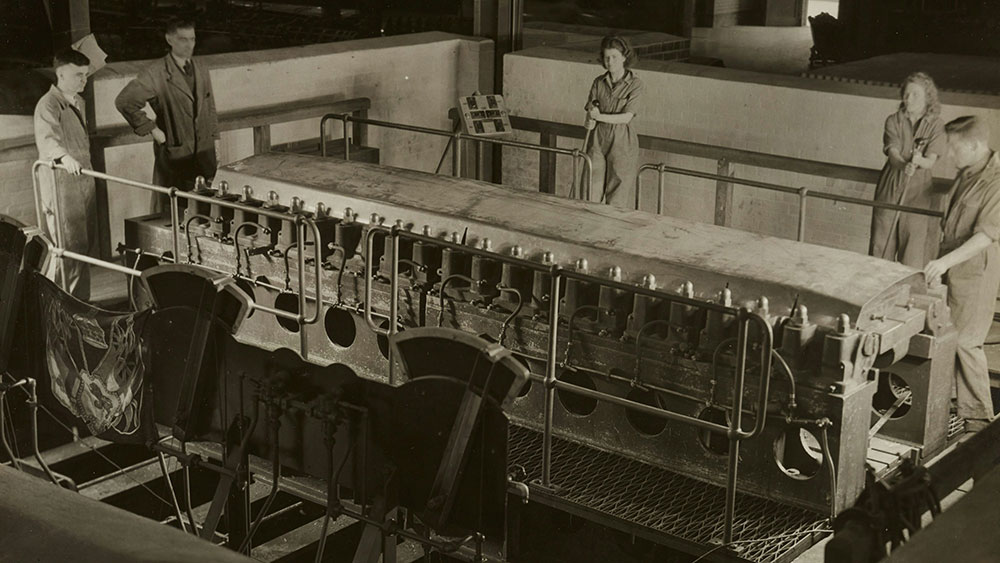Everybody wants to have good measurements. To this end, many recommend a regular schedule of recalibration. While this sounds reasonable, it can actually degrade the quality of the measurements.
|
ADVERTISEMENT |
The key to getting the most out of a measurement process is to know when to recalibrate and when to refrain from recalibrating. This was beautifully illustrated by two of my clients.
Plant A
Like all process industries, Plant A lived and died by the values delivered by the in-house lab. The lab director wanted to provide good values, so he followed the manufacturer’s recommendation and had the calibration of his key analytical instrument checked every day using a known industrial standard. When the value he obtained didn’t match the accepted value for the standard, he would adjust the instrument by an amount equal to the difference between the accepted value and the observed value. Because they ended up recalibrating more than 80% of the time, the lab director was convinced that these adjustments were both necessary and correct. Figure 1 shows the observed values for 100 consecutive tests of the known standard for Plant A.
…

Comments
Great reminder about tampering!
Another excllent article, and it brings up something that I don't see often these days: the dangers of tampering with a stable system. Everyone is so enamored of automation. I had a discussion a while ago with a guy who said he doesn't bother with SPC...he just uses a raspberry pi to check every part in a high-speed production operation and re-set the machine after every one that drifts from the nominal. He claimed to have read Wheeler and Deming, but ridiculed me when I talked about the Taguchi Loss function and the success of the team at Tokai Rika. He thought that getting a process that tight would be a waste.
It's hard to find any organization any more that cares about Quality any more. I hope this (and other articles from you) don't fall on deaf ears. Maybe I'm too pessimistic, but I fear that we will end up in another quality crisis as we did in the '70s. I just hope someone keeps the torch going so that the knowledge will be there when it's needed.
Add new comment